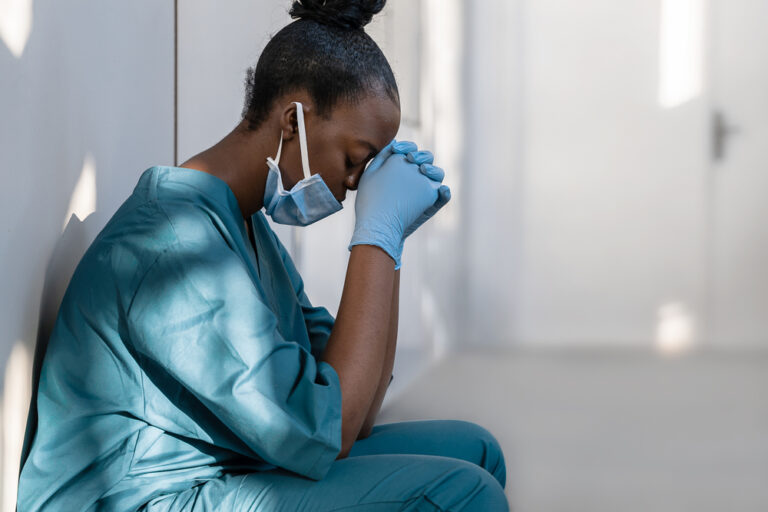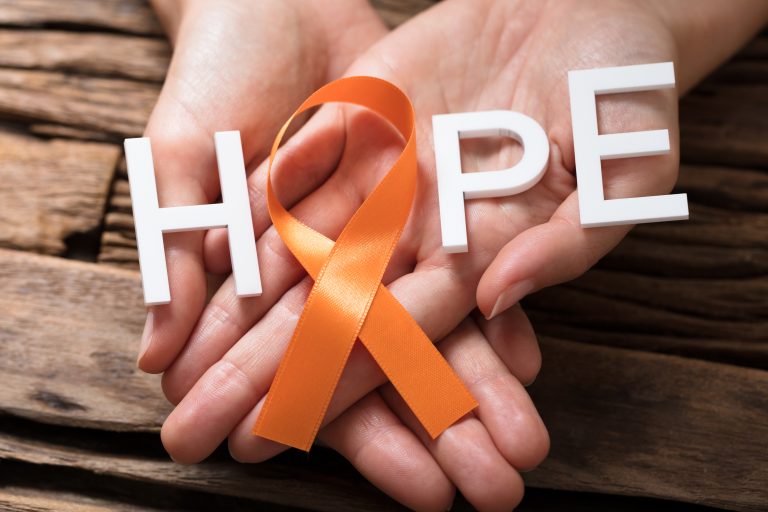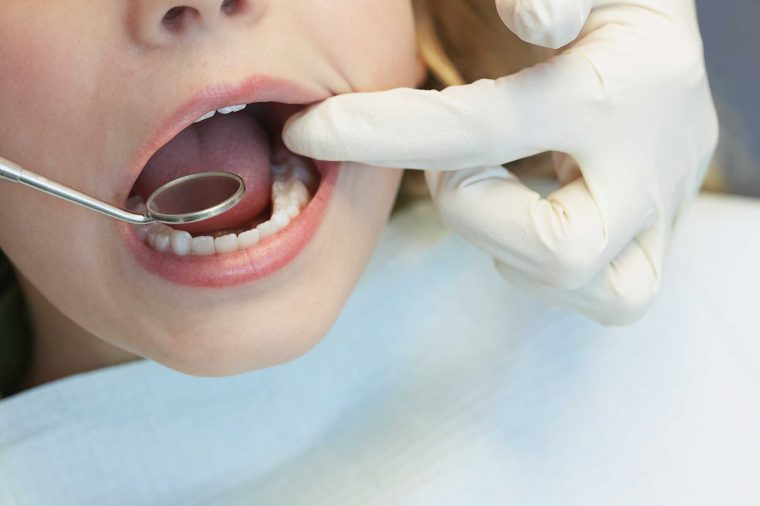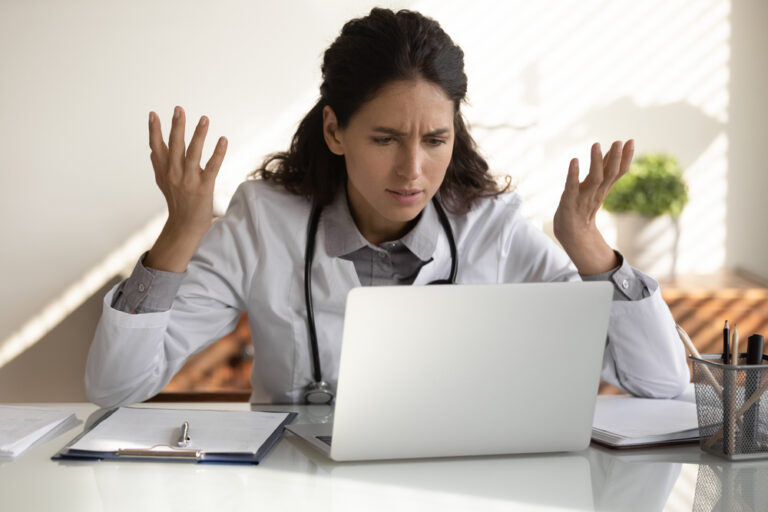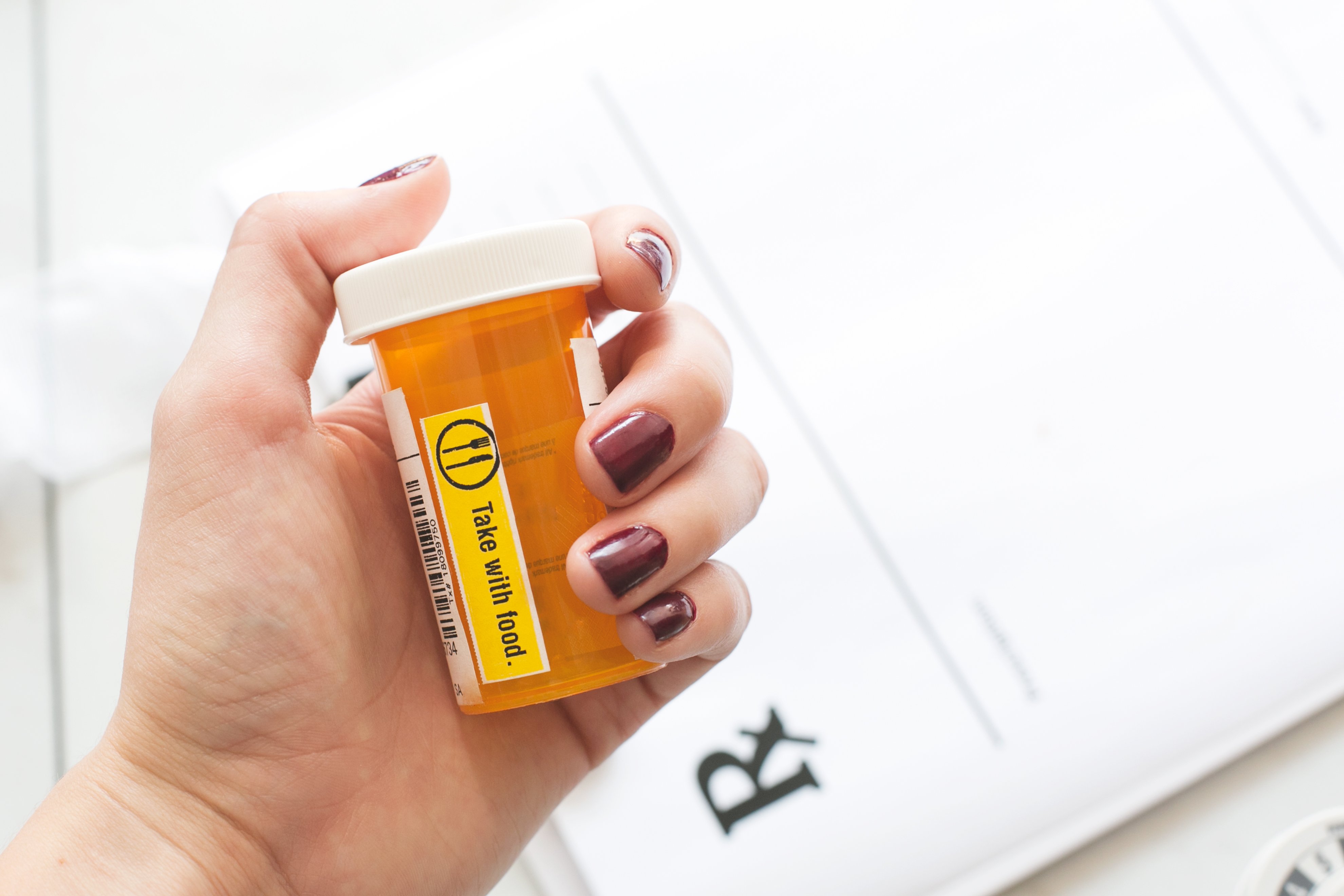
Nearly one-third of Americans have stopped taking a prescription drug at some time without consulting their doctor, according to the 2017 NPR-Truven Health Analytics Health Poll. The biggest reason given for not even starting a prescription was cost. Reasons given by survey respondents for discontinuing a medication included: side effects (29%), didn’t need (17%), felt better (16%), not working (15%), and cost (10%).
To abruptly stop taking a prescription medication without telling your doctor is called medication non-adherence, and it is estimated to result in increased hospitalizations and premature deaths, alongside a whopping healthcare bill for America that totals anywhere between $100 billion and $289 billion a year, according to an NPR report.
It may seem like the medication isn’t working (maybe the dosage needs to be adjusted) or like you’re feeling better or don’t need it (you won’t be feeling better when the meds wear off and symptoms return). Stopping some medications can cause withdrawal symptoms that leave you feeling worse than when you started.
It’s important to always talk with your doctor first before you stop taking any of your prescription medicines. Check out the meds you should NEVER stop taking abruptly!



